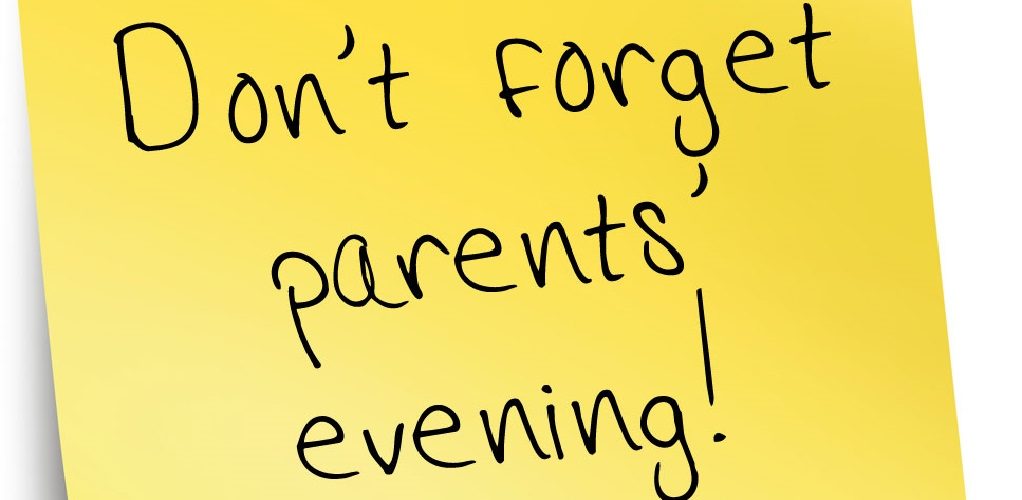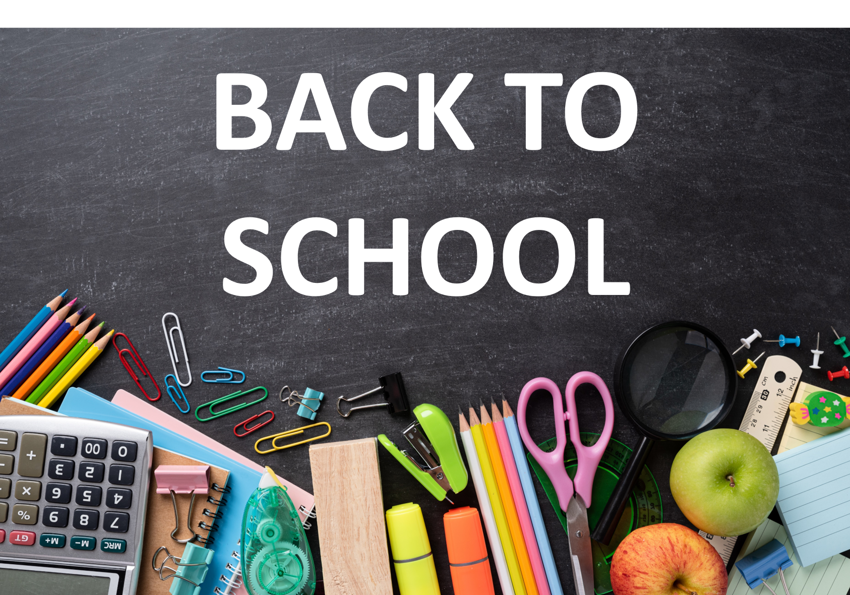Student Wellbeing
At Harris Academy Rainham we take great pride in the way in which we support the children in our care. There is nothing more important than keeping them safe, happy and healthy, whilst ensuring the best possible environment for learning as we prepare them for adult life.
Wellbeing at HAR
Wellbeing is extremely important to us at HAR. Nationally, we know that the context related to wellbeing and mental health has changed dramatically and there is a growing number of people who are suffering with mental health issues.
From the moment students arrive here at the beginning of September, we want all our students to belong, believe and become. To do this, we feel it is important that they feel safe and cared for. By feeling settled early on they can begin to grasp all that we have to offer; academic, social and extra-curricular. We achieve this through our strong pastoral care system which is detailed below:
Learning Guide (LG)
Each student is allocated to a LG who they see every morning for 30 minutes. Students should go to their LG if any problems arise in school. The role of the LG is to support each student both in terms of their wellbeing but also their academic work as well.
LG support students who:
- Need support with timetables, uniform and equipment, attendance & punctuality
- Feel upset or struggle emotionally
- Struggle with friendships
- Need extra support with behaviour
- Need extra support academically/with homework
Head of Year (HOY)
HOYs are assigned to each year group for further support. Should any students/parents have any issues or need further support then they should contact their HOY.
- Head of Year 7 - Joe Ward
- Head of Year 8 - Kasey Harrison
- Head of Year 9 - Grace Hill
- Head of Year 10 - Amber Koyas
- Head of Year 11 - Surraya Constable (on maternity leave - contact Mr Bridges)
Life Coaches
We have appointed a number of life coaches to work with students on a 1-1 basis. These staff have a wealth of experience of working with secondary age children. The well-being of all our children is central to our ethos and this adds to our very strong programme of pastoral care. As well as having timetabled sessions with students, there will also be opportunities for parent/carer workshops to work closely with families and support them holistically.
Health and Wellbeing Officer
We are extremely fortunate to have our own Health and wellbeing officer that is located on site each day. Here she will carry out intervention work with students and liaise closely with students and families to ensure daily support is available should it be required. The wellbeing officer will also make sure all medical records are kept up to date and provide students and parents with guidance and support should this be required.
School Nurse in School
At HAR we are lucky enough to have a school nurse that works closely with us one day a week. The nurse mentors students, supports them with any medical and wellbeing concerns and provides them with a safe space to talk about things they may be finding challenging.
Further support
In addition to the above support the following interventions are also available at HAR to support students to BECOME:
| Art Therapy | The course is designed to support students who are anxious or low on confidence; with a view to build up their self-efficacy. They will undergo a range of sessions and personalised 1-1 support. |
| Confident me | Designed to help combat low self-esteem in students. The intervention will include the following workshops: 1 Introduction and Appearance Ideals 2 Media Messages 3 Confront Comparisons 4 Banish Body Talk 5 Be the Change 6 Evaluation and feedback |
| Strengthening minds | Sessions will be delivered by the lead from strengthening minds around positive behaviour and a session around building self esteem. The sessions include some of the following topics; 1) Understanding Emotions 2) Exploring Aggressive Behaviour 3) Consequences of aggressive Behaviour 4) Taking responsibility 5) Less Stress 6) Strategies 7) The Power of Positivity 8) Mindfulness and me 9) Positive Communication 10) The joyful journey ahead. |
| Sparx Reader | This programme supports students' comprehension & vocabulary. Supporting their literacy skills. Yrs 7/8/9 all have access at school/home Students between 90-100 SAS/low literacy skills attend intervention. A reading test is completed for individualised level/range of books. |
| ESLA | Emotional Literacy Support (ELSA) comprises of individualised support programmes to meet the emotional needs of children and young people in school. It recognises that children learn better and are happier in school if their emotional needs are also addressed. This intervention includes work on security and relationships, active listening, emotional competence, loss and bereavement, building relationships, social stories, social and friendship skills, Lego therapy, self-efficacy, self-esteem, motivation and mindset. |
| Pass score interventions | Early intervention designed to intervene systemically on attitudinal or emotional issues in students whose issues are still invisible (in some cases) before they can impact on school performance. The interventions this academic year will run about attitudes towards attendance, attitudes towards staff and confidence in learning. |
| Social Skills | Intervention for students either with an ASD diagnosis or social communication difficulties. The social skills intervention involves steps to improve a child's ability to socialise and recognise social cues. This is with the goal of functioning well in society in mind. Children with special educational needs such as Autism Spectrum Condition may benefit from a social skills intervention. |
| Talk Fitness | Talk Fitness is an innovative group intervention aimed at improving functional and cross-curricular speaking and listening skills. The video-based platform provides a rich context for teaching, focusing on real-life situations that are authentic and meaningful to young people. Pre- and post-intervention assessments provide comprehensive measures of progress. Units include Active listening, following instructions, Formal vs Informal talk, giving explanations, arguing a point and taking part in discussion. |
| Spelling | This course supports students who have been identified by English staff as having low spelling ages. Students will use the Blackwell spelling programme which gives individualised weekly spellings to promote and support improvements. |
| Hackney Lit | The programme supports students who have been identified with SAS below 90 on their NGRT reading test. Students will follow the HL programme which supports their thinking, reading, writing & oral communication skills. Progressing their learning & reading age. |
| Dyslexia Gold | Develops literacy skills by combining successful phonological approaches with the very best of conventional, multi-sensory and structured teaching methods. |
| Handwriting | This intervention uses the handwriting rescue programme and is designed for students who have untidy and difficult to read handwriting. These students will probably use a laptop as an alternative means to record their work so students will also be shown how to touch type. |
| EAL Intervention | EAL intervention is designed to aid our new multilingual arrivals in expanding their understanding of English. Working through phases built upon each other, our students learn reading, writing, speaking, listening and grammar skills which they can apply across the curriculum not just in the English classroom. |
| Social Understanding | The social understanding course is designed for those students who either have an ASD diagnosis or have social communication needs. The course aims to cover the following areas:
|
With this support we hope all students will be able to be self-managers of their own wellbeing, having developed the strategies and tools to be able to look after themselves, whilst also being aware that there are people available to support them should they ever feel like they need some extra help.
To discuss any concerns around Wellbeing, please contact your child’s LG in the first instance. Your child’s LG will then liaise with the relevant person within school if further intervention or support is needed.

















